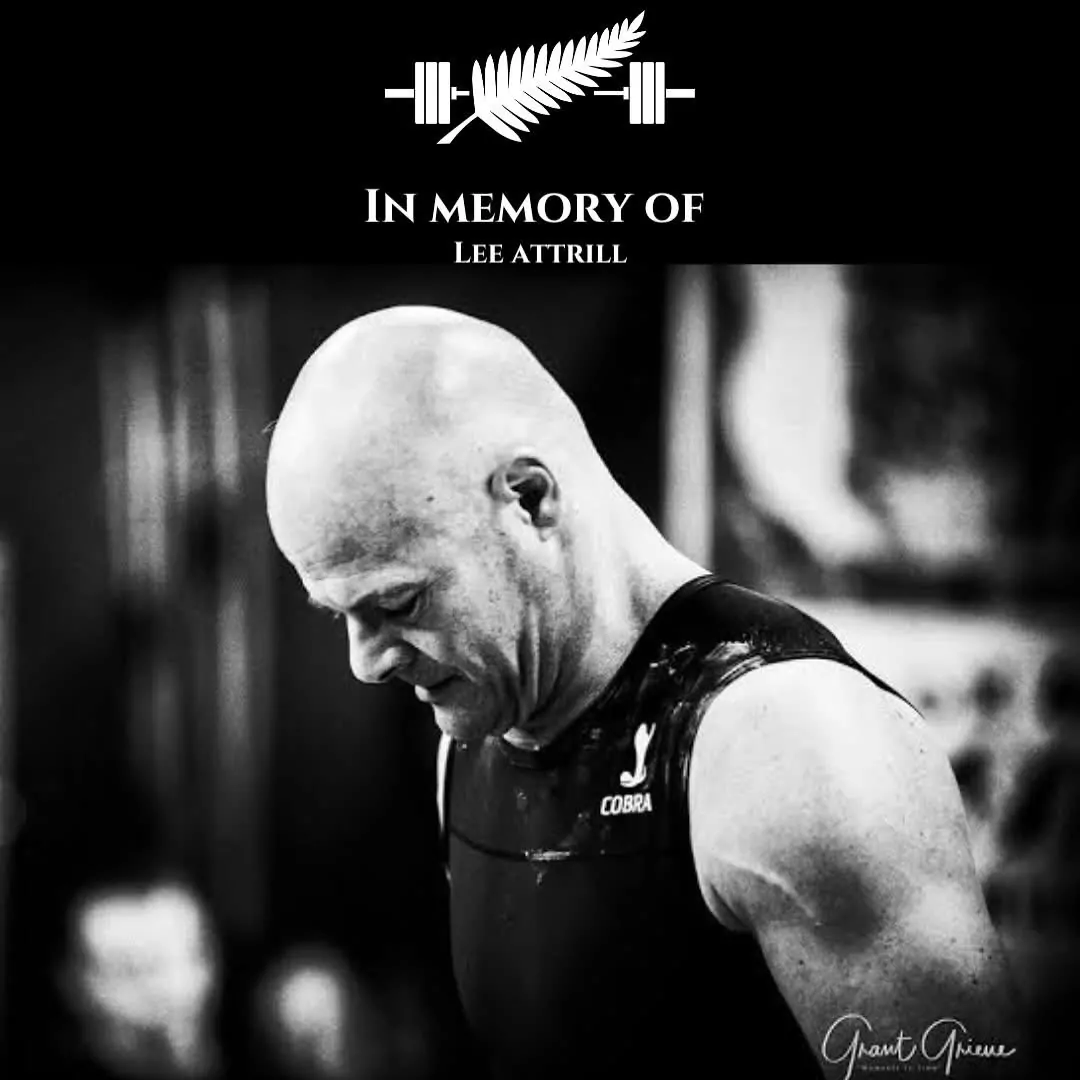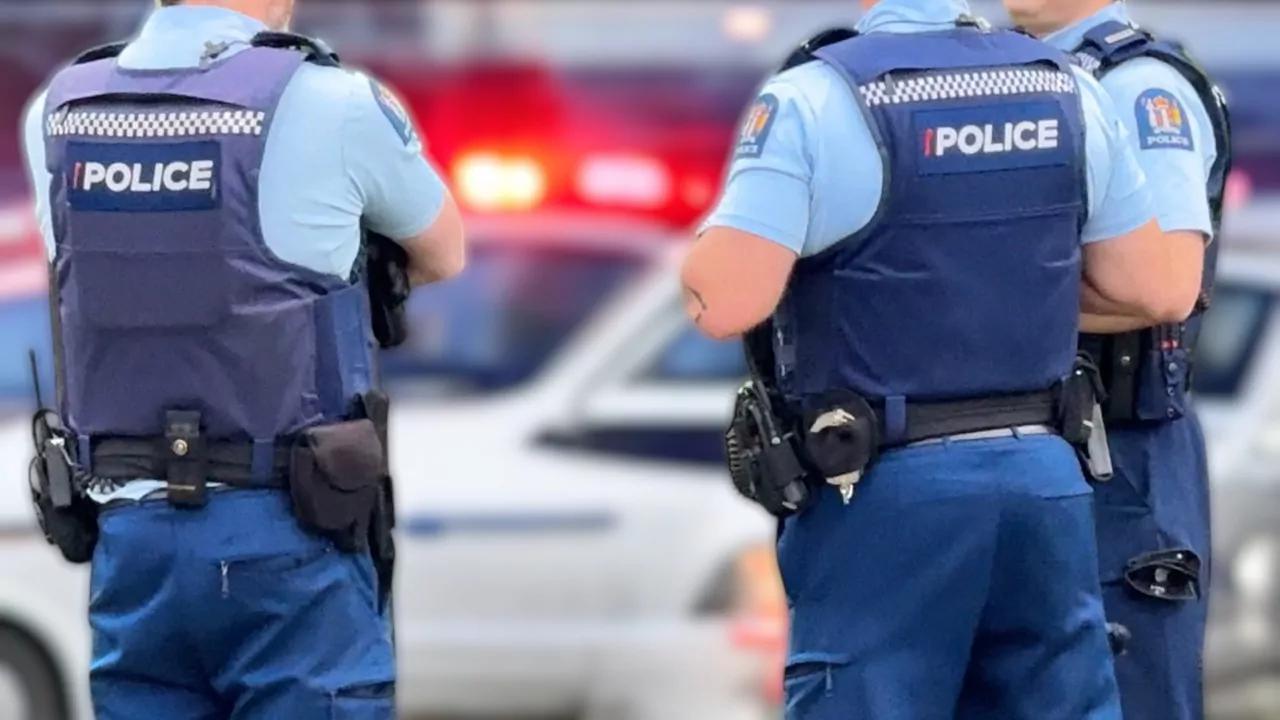The Mental Health Foundation has rejected claims the man who injured seven people at an Auckland Countdown was because of mental illness.
On Friday Ahamed Aathil Mohamed Samsudeen attacked customers in an Isis-inspired attack at LynnMall. He was shot dead by police.
When trying to remain in New Zealand, he claimed he and his family were persecuted by Sri Lankan authorities, and he and his father were attacked, kidnapped and tortured because of their political background.
A clinical psychologist’s report said “dealing with his stated history of torture, he presented as a highly distressed and damaged young man who meets the criteria for a diagnosis of post-traumatic stress disorder. In her view there is “strong evidence” of the appellant persistently re-experiencing traumatic events.
She said he met the criteria for a diagnosis of “major depressive episode” and said his acute experience of trauma, alleged torture, separation from his family, ongoing fears for his parents’ safety, the refugee claims process and the lack of certainty about his future triggered severe symptoms.
She said, “a primary trigger for him becoming overwhelmed during the interviews was discussion of his father and in particular the need to recount memories of the torture that involved himself being tortured in front of his father and his father’s responses to this, or listening to his father’s responses to being beaten while they were separated.”
The Mental Health Foundation said “the terrorist ideologies are not symptoms of any mental illness.”
In a Facebook Post it said “we have to be clear and direct here because many conversations around Friday’s attack are dipping into dangerously stigmatising territory, and that is deeply concerning to us. Nearly half of us will experience a mental illness in our lifetimes, and people experiencing severe mental illness are listening – right now – to how you talk about their symptoms and experiences, and we know many of them are feeling discouraged, isolated and like they will never truly ‘belong’. And we cannot let that stand.”
“The man who committed Friday’s attacks experienced mental illness and he experienced a lot of trauma. However, he did not meet the criteria to be involuntarily assessed under the Mental Health Act, and he did not meet the criteria to be sectioned under the Act, so it seems his beliefs were separate to any mental distress he may have experienced, and this is important to remember.”
“He was a person who had extreme, ideological beliefs, who also happened to experience mental illness. Both things can be true.”
“We cannot allow this person’s terrible actions to become an excuse to allow the Mental Health Act to become more coercive or more punitive.”
“We cannot allow what he did to sow seeds of fear that the people we know who live with mental illness might secretly want to hurt us, because the truth is they are far more likely to be the victims of violence than the perpetrators.”
“We know many people are still feeling angry and frightened and want reassurance that they and their whānau are safe. These feelings are human and understandable, and we encourage you to reach out to trusted friends, whānau and loved ones and for comfort and support (helplines and professionals are also always great options).”








